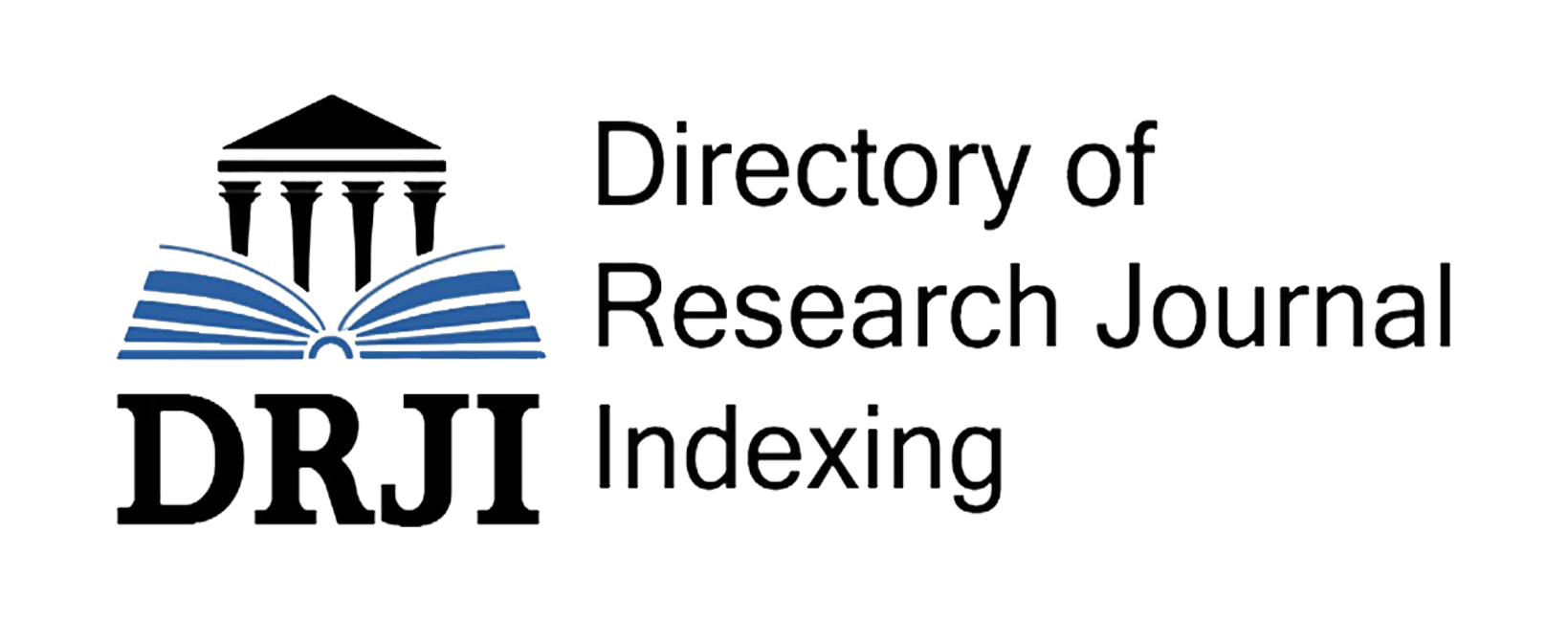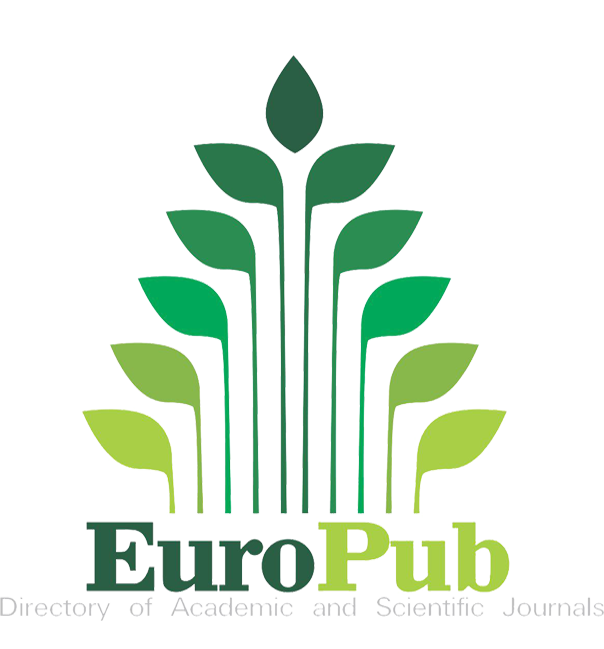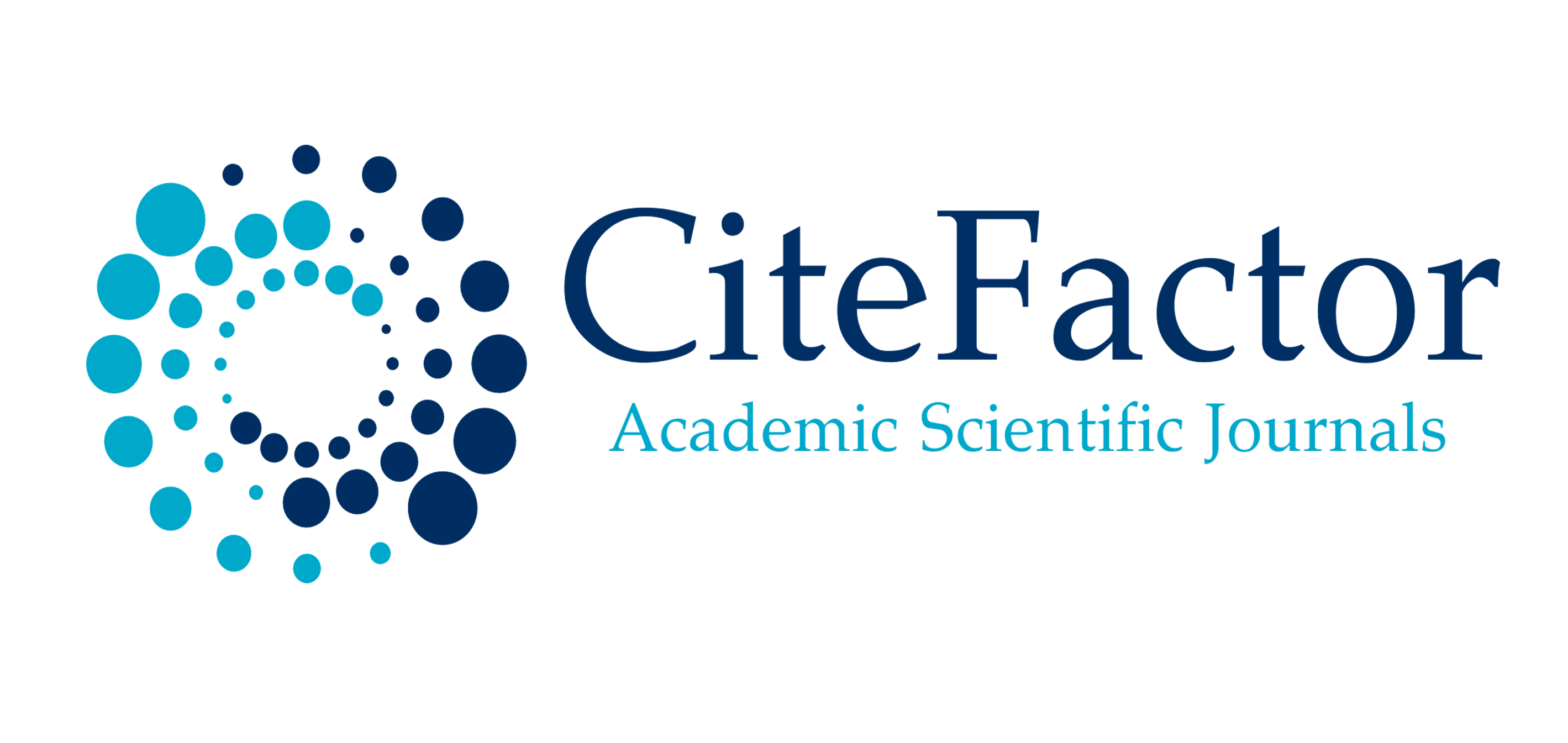THE ROLE OF SPEECH PERITY IN THE ACTIVITY METHODS OF A MODERN TEACHER
Keywords:
primary education, creative thinking, Creative text based on a picture, Fifth, sixth, seventh...is extra, , creative work, language, jargon, slang, linguistics, speech, society, study, communication, vocabulary, system, youth, group, national, dictionary, training, interactive approach, exercise, task, developing technology, skills, abilitiesAbstract
This article shows the effectiveness of using active methods of teaching in directing primary school pupils to creative thinking, touched on the possibilities of using "Creative text based on a picture", "Fifth, sixth, seventh...is extra", "Chain word” during lessons. At present, much attention is paid to the issues of scientific research on the problems of language and speech, the features of their connection with culture, which are considered a means of human communication. In connection with the development of society, the mutual exchange of ideas, as well as the rise of culture, directly depend on the characteristics of language and speech. This article explores the linguistic, psycholinguistic features of youth jargon.
References
Azizkhodjaeva N.N. Pedagogical technologies and pedagogical skills. - T., 2003.-71s.
Bespalko V.P. Pedagogy and progressive learning technologies. –M., 1995.-127p.
Voloshina N.N. "Creative Pedagogy", No. 3, 2001
Akhmedova M.Kh. "Interactive technology in the system of teaching the Russian language" // "Philological Sciences" - Tambov (Russia), 2017. No. 2 (3) st.245-249.
Akhmedova M., Dilmurodova N. «The use of interactive methods in teaching professional speech to students». Linguistics and Culture Review, 5(S2), 1122-1130. 2021. https://doi.org/10.21744/lingcure.v5nS2.1801
Slastenin V.A. etc. Pedagogy: textbook. allowance for stud. higher ped. textbook manager /. - M.: Academy, 2005.
Polat E.S. New pedagogical and information technologies in the education system. - M., 2000.
M.V. Klarin. Interactive learning is a tool for mastering new experience. //Pedagogy No. 7. 2000.
Grigalchik E.K. We teach differently. Active learning strategy. Mn., 2003.
Kazakova T.A. The use of information and communication technologies in the process of teaching a foreign language at a university // Linguistics and intercultural communication. - 2015. - Issue No. 3 (17). - S. 78.
Panfilova A.P., "Innovative pedagogical technologies", M.: "Assembly", 2009, p.37 12. Panina T.S., Vavilova L.N. Modern ways of activating learning. Textbook, M.: 2014, p.52.
Akhmedova M.Kh. Psycholinguistic characteristics of jargon in the national language. Bulletin of integrative psychology Bukhara - Yaroslavl: MAPN, 2022. P. 22 – 25.
Akhmedova M.Kh. Psycholinguistic features of non-literary words in youth communication. Bulletin of NUUZ. 2021. №1/6. P. 212-214.
Vvedenskaya L. A., Pavlova L. G. Culture and art of speech. modern rhetoric. - R.- n / D: Phoenix, 1995.
Vygotsky L. S. Thinking and speech. — M.: Labyrinth, 1996.
Mahmudov N. Teacher speech culture. Tashkent. 2009.
Murashov A.A. The culture of the teacher's speech. Proc. allowance. -M.: MoscowPsychological and Social Institute; Voronezh: MODEK, 2002. - 432 p.
Russian-Uzbek dictionary. Soviet Encyclopedia of Uzbekistan. 2.Volumes. Tashkent 1984.









